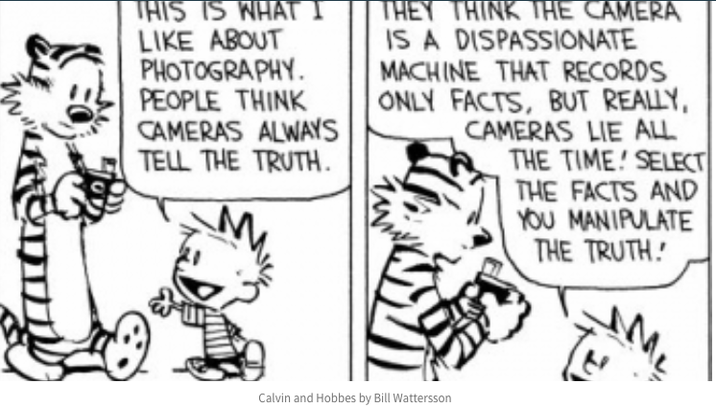 Inculcating Ethics in Photography & Documentary Film When I was gifted my first (cheap) hotshot camera with a box of two film rolls, as an introvert ten year old, I thought photography was fun. The summer project came with a list of instructions that I am allowed to ‘click’ human faces only after
Making Photographers Sensitive to Human Face Decades later, in 2014, I initiated the CGIAR international competition on Photo and Story through a Gender Lens. I insisted that ‘photographers’ tell a story about the human face they captured through a Gender Lens. The result is a beautiful compilation of photos and stories from across the globe in the form of an E-book ‘Landscaping Actually: Forests to Farms through a Gender Lens’ “I have No Ethics” Ethics is one of the things that any filmmaking and photography institutions (don’t or) can’t teach. Many claim ethics mean something else for everyone. Do you judge whether a photo - for example, of indigenous women and children - was taken without consent, respect, dignity, privacy or recognition? A photograph makes more sense if you know the name or story about that face you captured - probably this may be different for photojournalism. Human Touch! #1. Who we are and why we dress like this? Culture In the Kutch district of Gujarat, India, Maldharis (pastoral nomadic tribes) do not allow outsiders to take photos or make films about their women. They are clear that we don’t want our women’s photograph to be hung in your drawing rooms, hotel rooms or exhibition centers! They didn't care whether their decision will hurt ego of international 'donors' and NGOs. #2. Give me money and I pose for you! Model In Kenya, we were told that to get photos/ filming of Masai tribe one can negotiate payment. This discouraged many (scientist/ international development) colleagues from taking photographs. That's the best solution! #3. What will you do with my pictures? TransparencyBe honest, how you are going to use their faces! Will it be on the cover page of a nice report on poverty/ climate change/ agriculture for Government/ NGO/ think-tank or research institute? Or, worse sharing on Facebook page for few hundred likes! You may have asked people’s permission to click their picture, but did you make clear how will you use it? #4. Why my picture in your presentations? Disconnected worldWe use photos generously at any conferences/ workshops/ meetings/ and international sustainable development agenda presentations. We think it’s our moral right to click the photos (often without consent) and then flash it in our PPT/ Prezi without acknowledging the name of the people. May be 60% of the presenters don't even know whose faces they are flashing! A degree from the best photography school in the world does not give you license to 'click' nor will help you to add that human touch! Being practically connected with the real people is the way forward.
0 Comments
|
Privacy Policy: We use Google Analytics to collect data to improve the Website. By using and accessing the website you are consenting to use of Google Analytics.
All Rights Reserved. PURABI's PERSPECTIVE
Purabi Bose, Ph.D. Passionate about nature and social policy, Ms. Bose is a mountaineer/ trekker, drummer, polyglot (only ten languages), leads a less materialistic lifestyle and loves traditional cooking & feeding. She is perseverant, and values her freedom of being an independent woman. Ms. Bose is a versatile social scientist and has aptitude for creative communications. A 'people person', her academic background is in social anthropology, environmental science, food science and human development. You might be interested to read her reviews on various cultural events at Culture Call ARCHIEVES
November 2019
CATEGORIES
All
Privacy Policy: This website uses Google Analytics to improve the Website. By using and accessing the website you are consenting to use of Google Analytics.
|
 RSS Feed
RSS Feed
